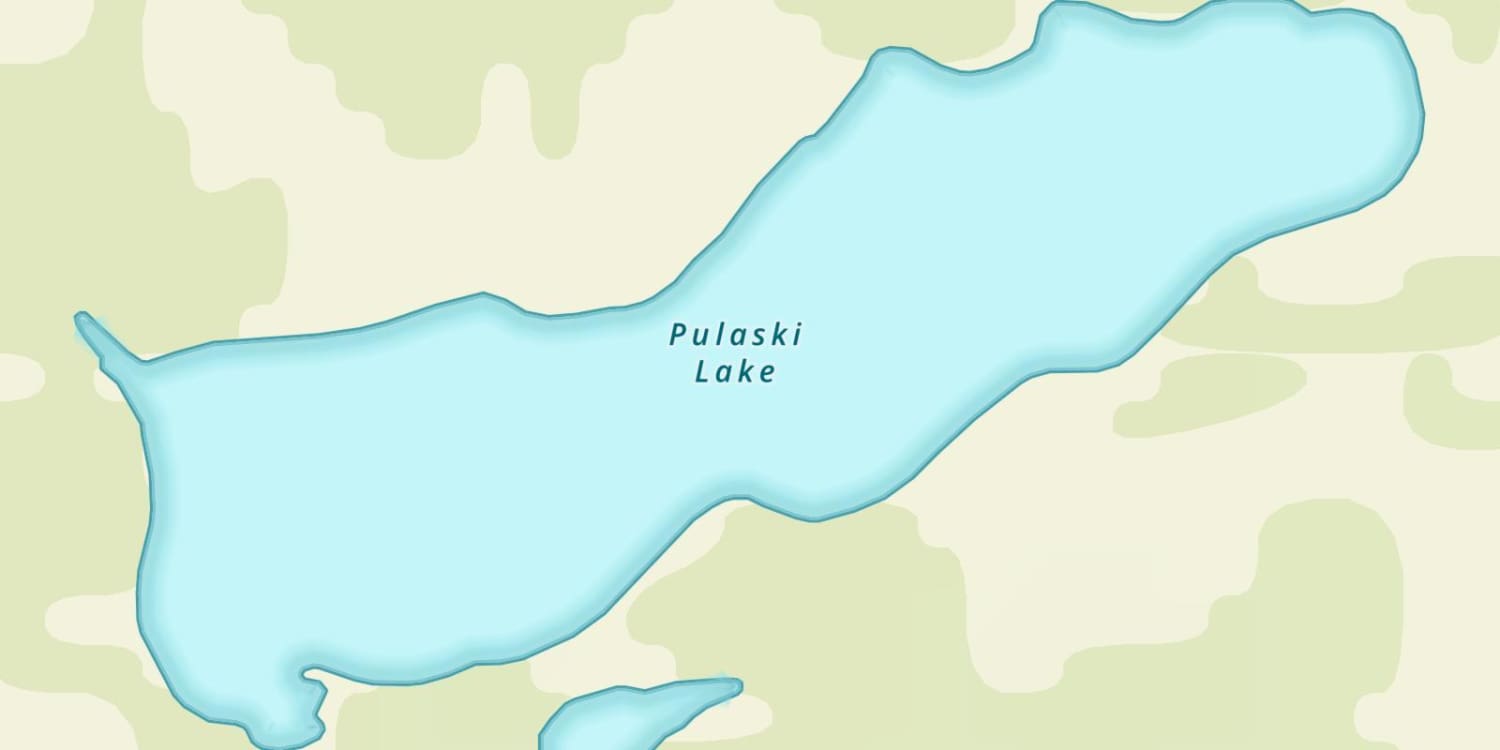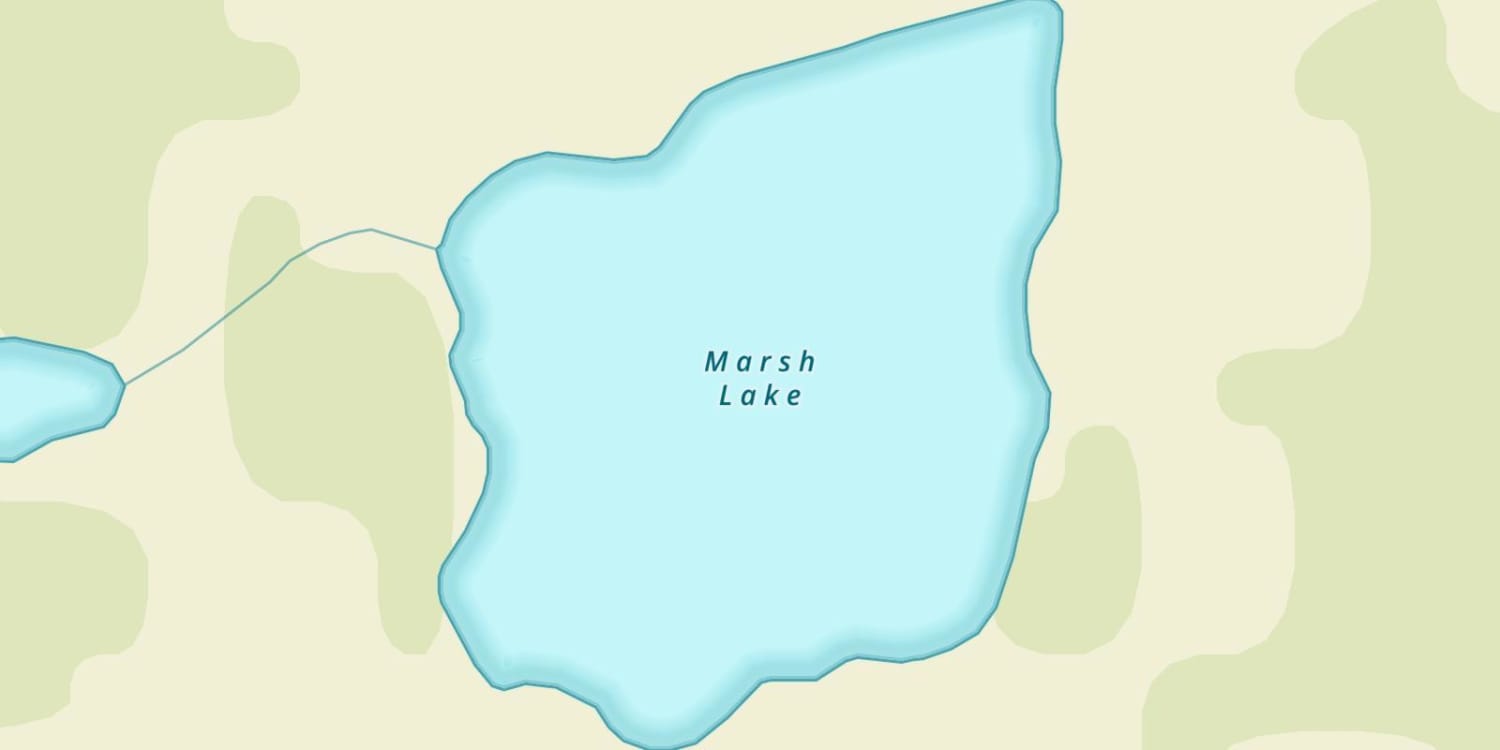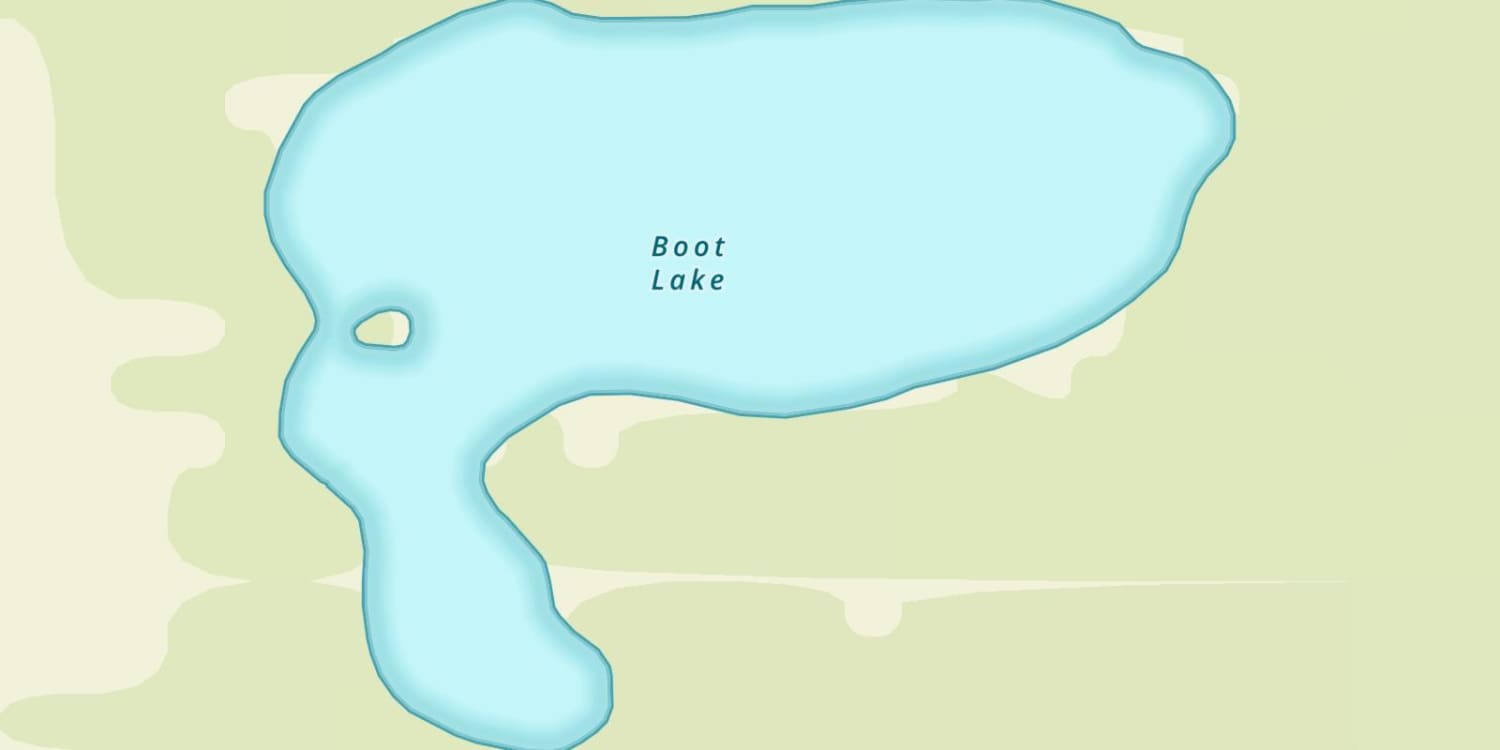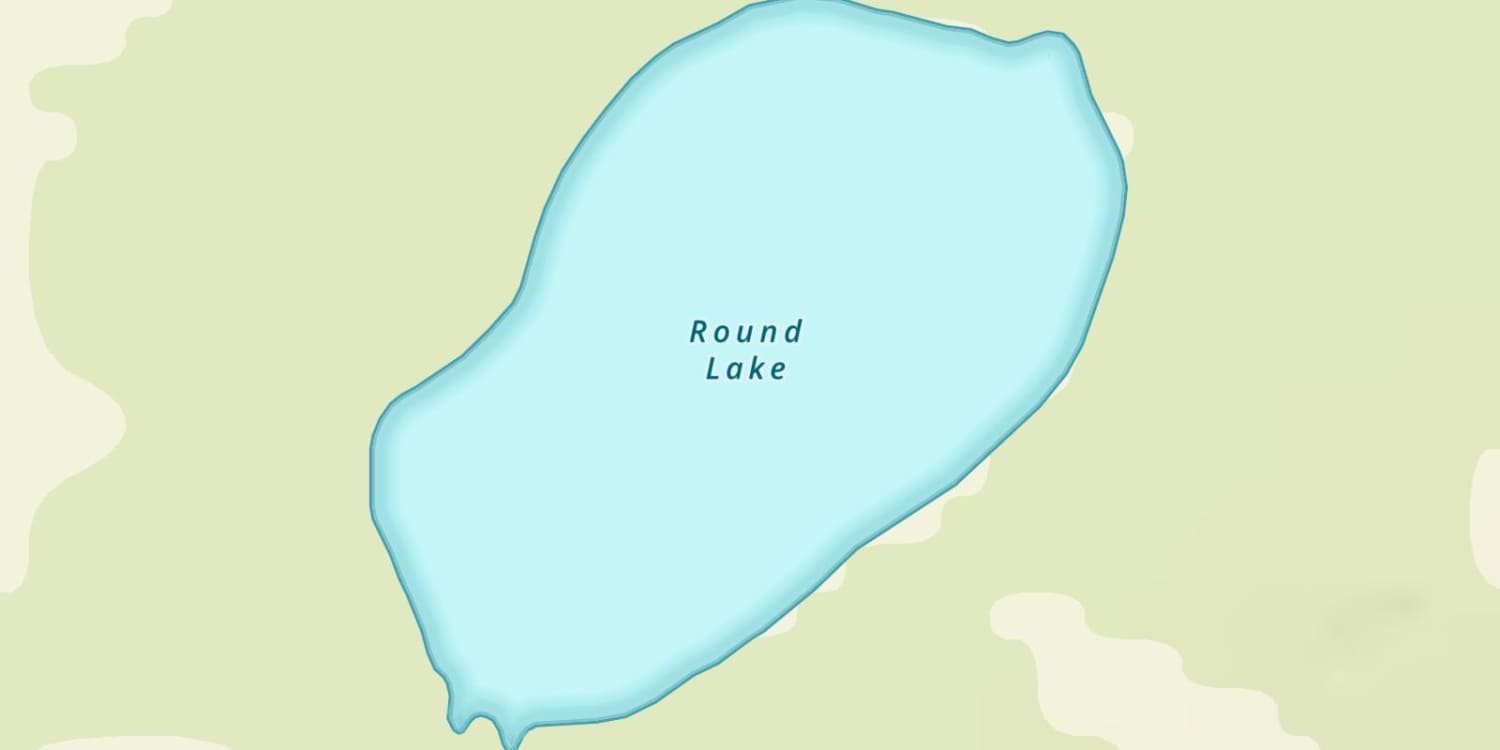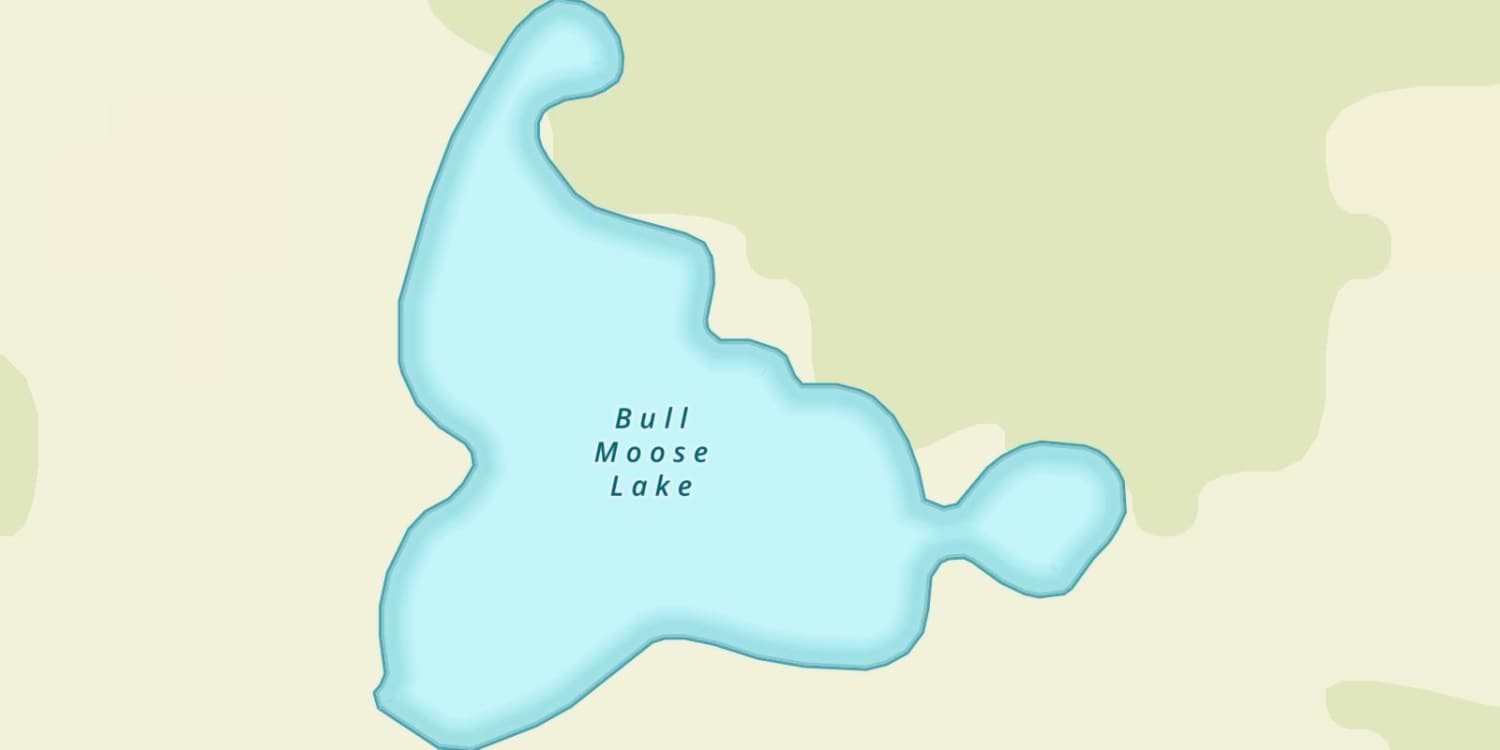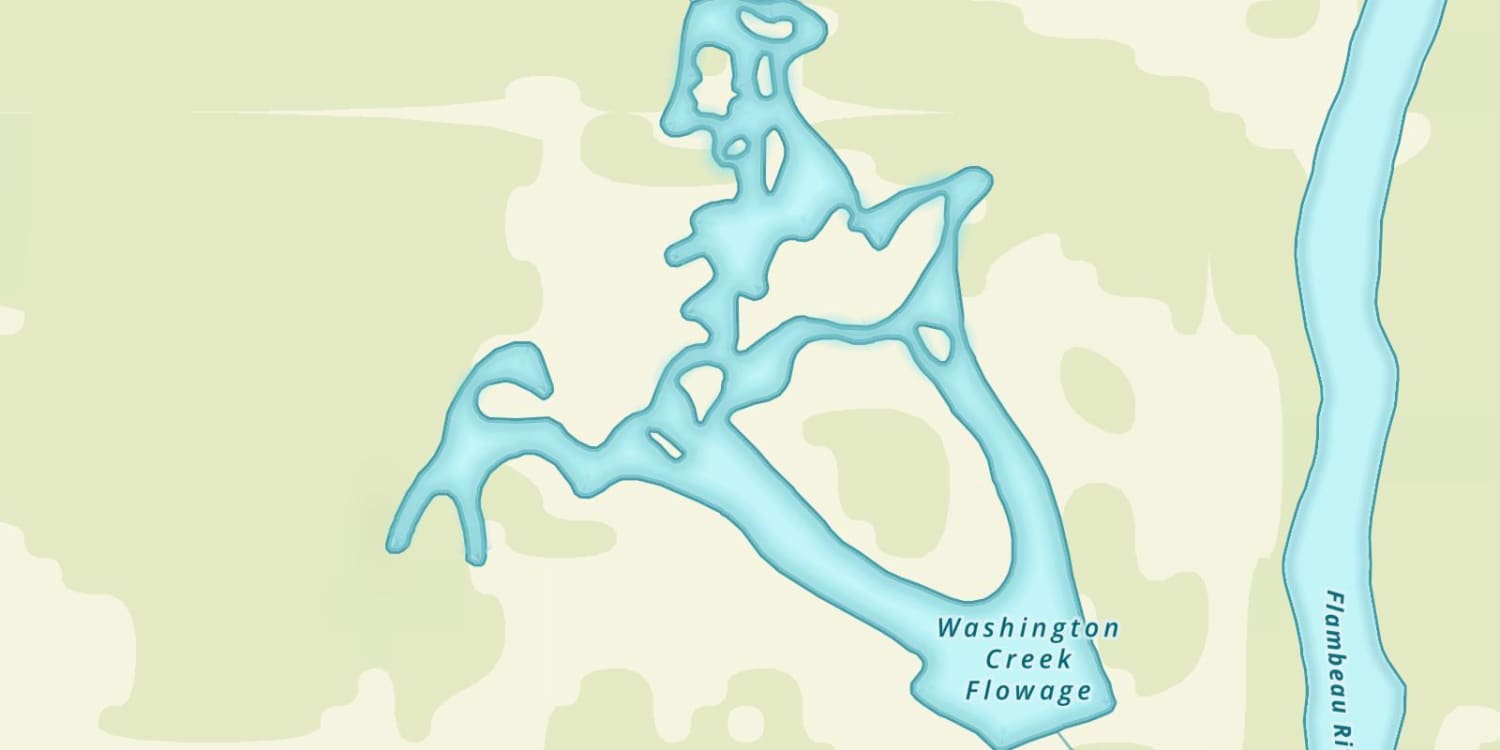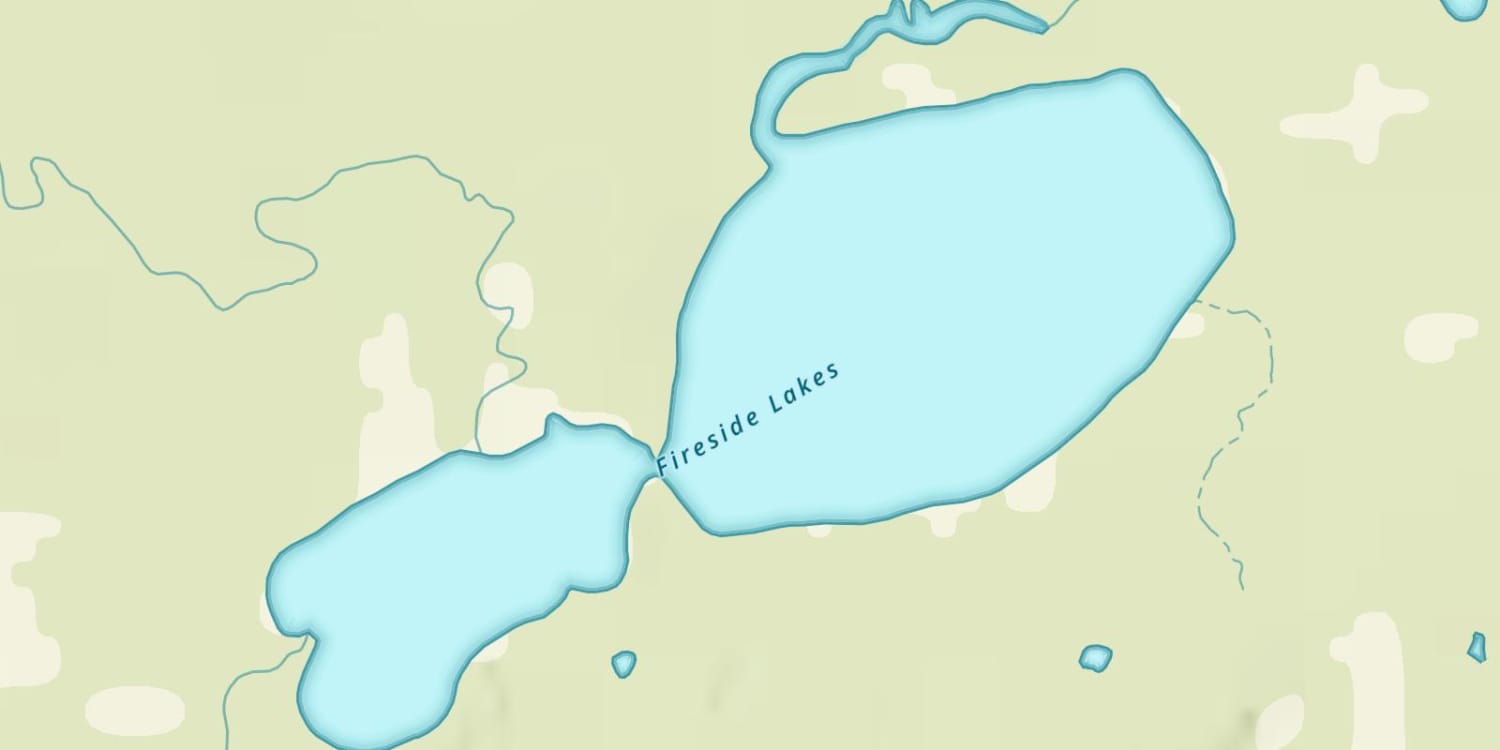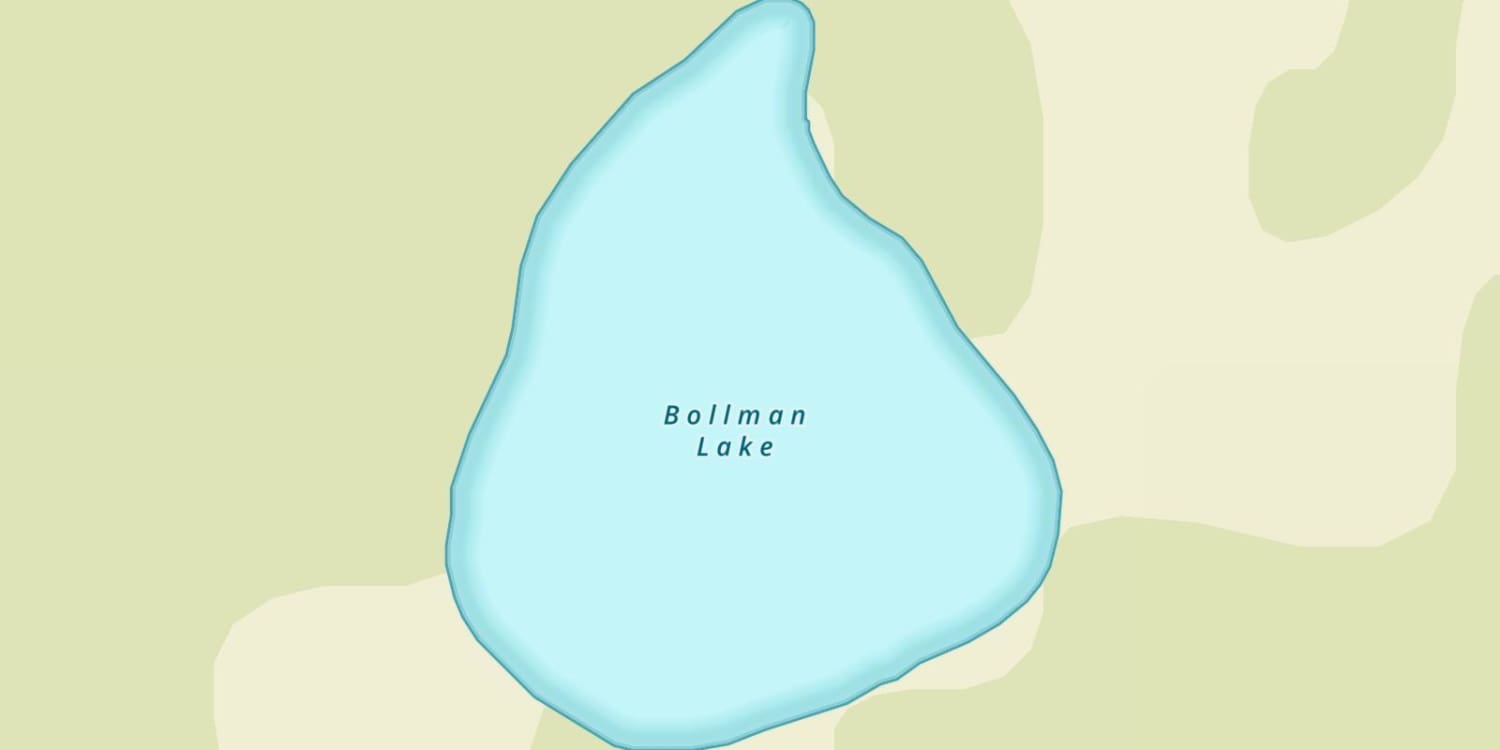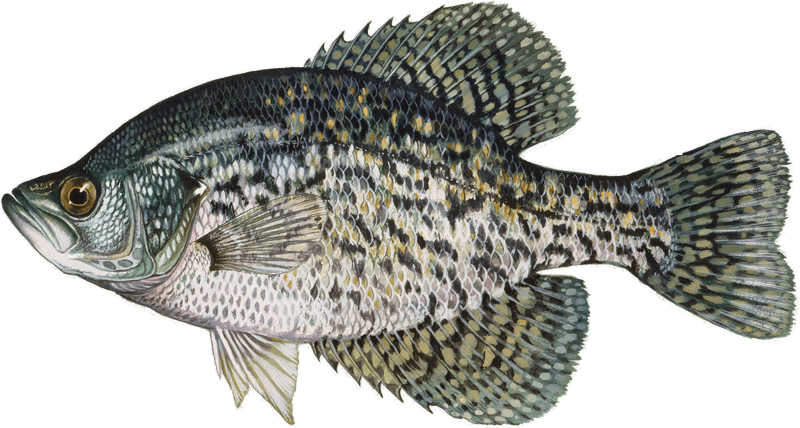
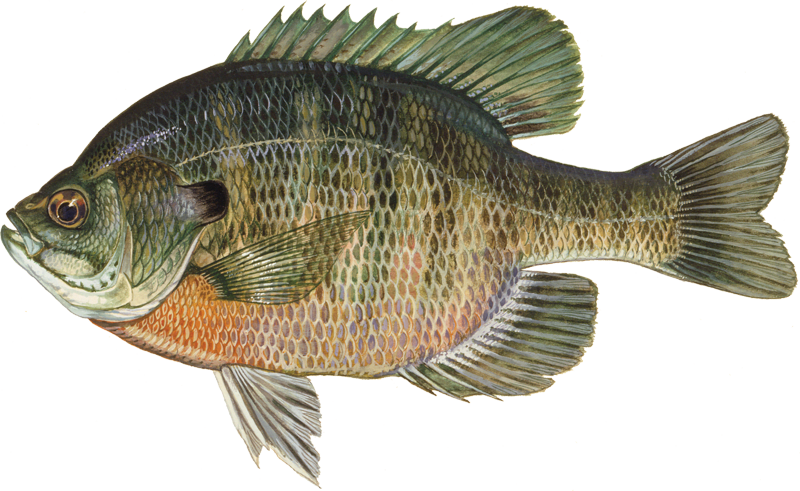

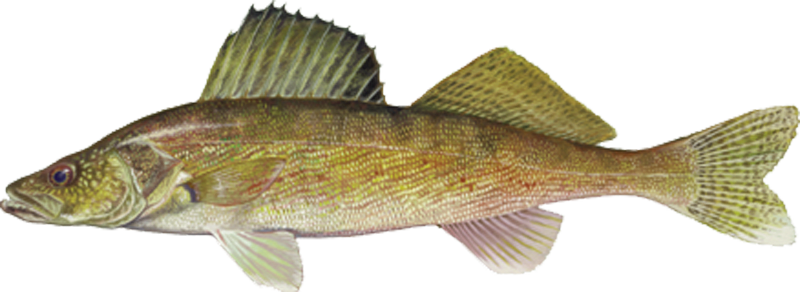
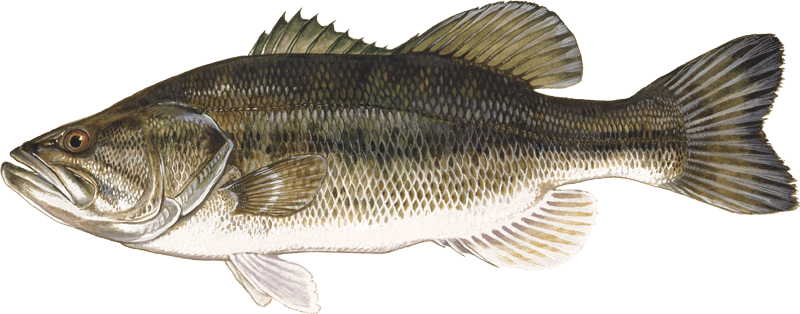
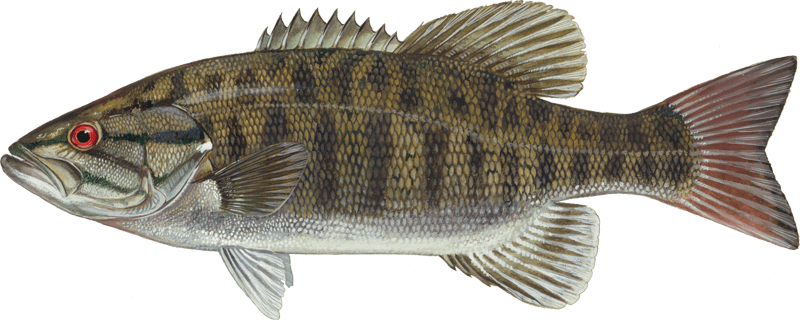
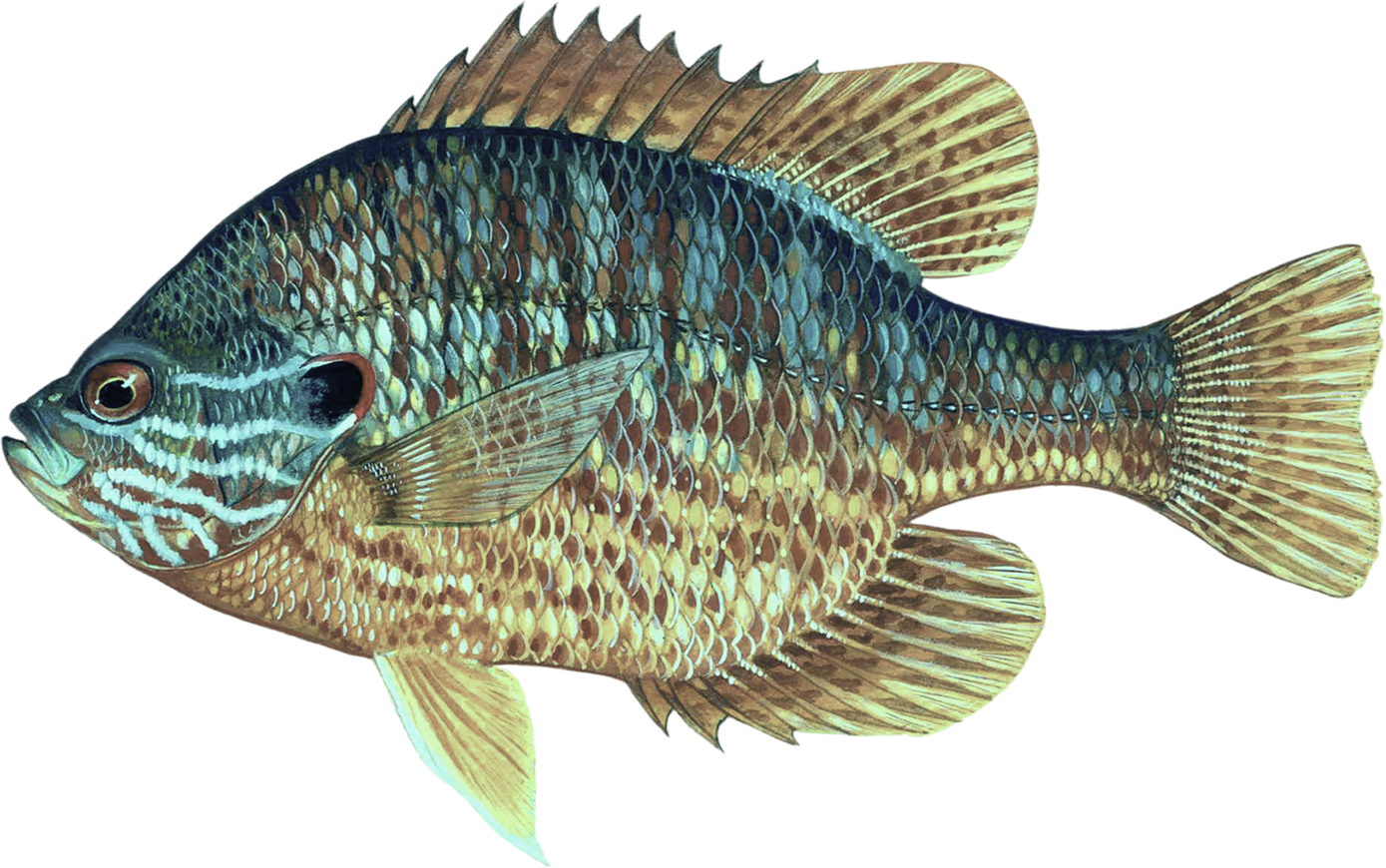
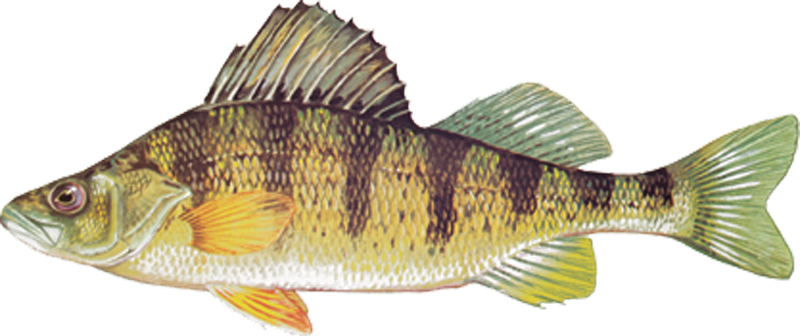
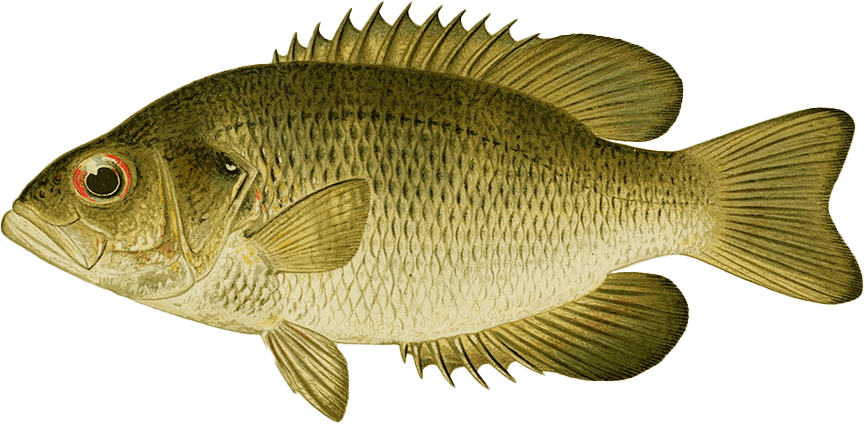

Overview
Pulaski Lake Map
Fishing Regulations
Special Fishing Regulations: This lake has special fishing regulations that differ from statewide or border water regulations for those species identified below and take precedence. Regulations listed below are currently in place. Visit the fishing regulations page for links to upcoming regulations for specific lakes.
Special Waterbody Regulations
- Catch and release fishing for largemouth and smallmouth bass is open year round unless otherwise noted. Motor Trolling is allowed with up to 3 hooks, baits, or lures, per angler.
Special Species Regulations
- Shortnose gar: See Rough Fish.
- Sauger and hybrids: See Walleye, Sauger, and Hybrids.
- Urban waters gamefish: This waterbody is not considered an urban water, Urban Waters Gamefish regulations do not apply.
- Hybrid, Striped, Yellow, and White Bass: See Rock, Yellow and White Bass.
- Flathead catfish: See Catfish.
- Bluegill: See Panfish.
- White perch: Open all year: The daily bag limit is 0, one may be killed and possessed for transport to a WDNR Office
- Trout and salmon: See Trout regulations layer.
- Shovelnose sturgeon: Closed. No fishing allowed.
- Ruffe: Open all year: The daily bag limit is 0, one may be killed and possessed for transport to a WDNR Office
- Round goby: Open all year: The daily bag limit is 0, one may be killed and possessed for transport to a WDNR Office
- Rough fish: Open all year: No minimum length limit and the daily bag limit is unlimited
- Rock, Yellow, and White Bass: Open all year: No minimum length limit and the daily bag limit is unlimited
- Paddlefish: Closed. No fishing allowed.
- Smallmouth bass: See Largemouth and Smallmouth Bass.
- Largemouth bass: See Largemouth and Smallmouth Bass.
- Largemouth bass and smallmouth bass: May 3, 2025 to March 1, 2026: No minimum length limit and the daily bag limit is 5
- Northern pike: May 3, 2025 to March 1, 2026: No minimum length limit and the daily bag limit is 5
- Muskellunge and hybrids: May 24, 2025 to December 31, 2025: The minimum length limit is 40” and the daily bag limit is 1
- Lake sturgeon: Closed. No fishing allowed.
- Cisco and whitefish: Open all year: No minimum length limit and the daily bag limit is 10
- Catfish: Open all year: No minimum length limit and the daily bag limit is 10
- Bullheads: Open all year: No minimum length limit and the daily bag limit is unlimited
- Walleye, Saugers, and Hybrids: May 3, 2025 to March 1, 2026: The minimum length limit is 18” and the daily bag limit is 3
- Panfish: Open all year: No minimum length limit and the daily bag limit is 25
- Crappies: See Panfish.
- Bowfin: See Rough Fish.
- Channel catfish: See Catfish.
- Walleye: See Walleye, Sauger, and Hybrids.
- Longnose gar: See Rough Fish.
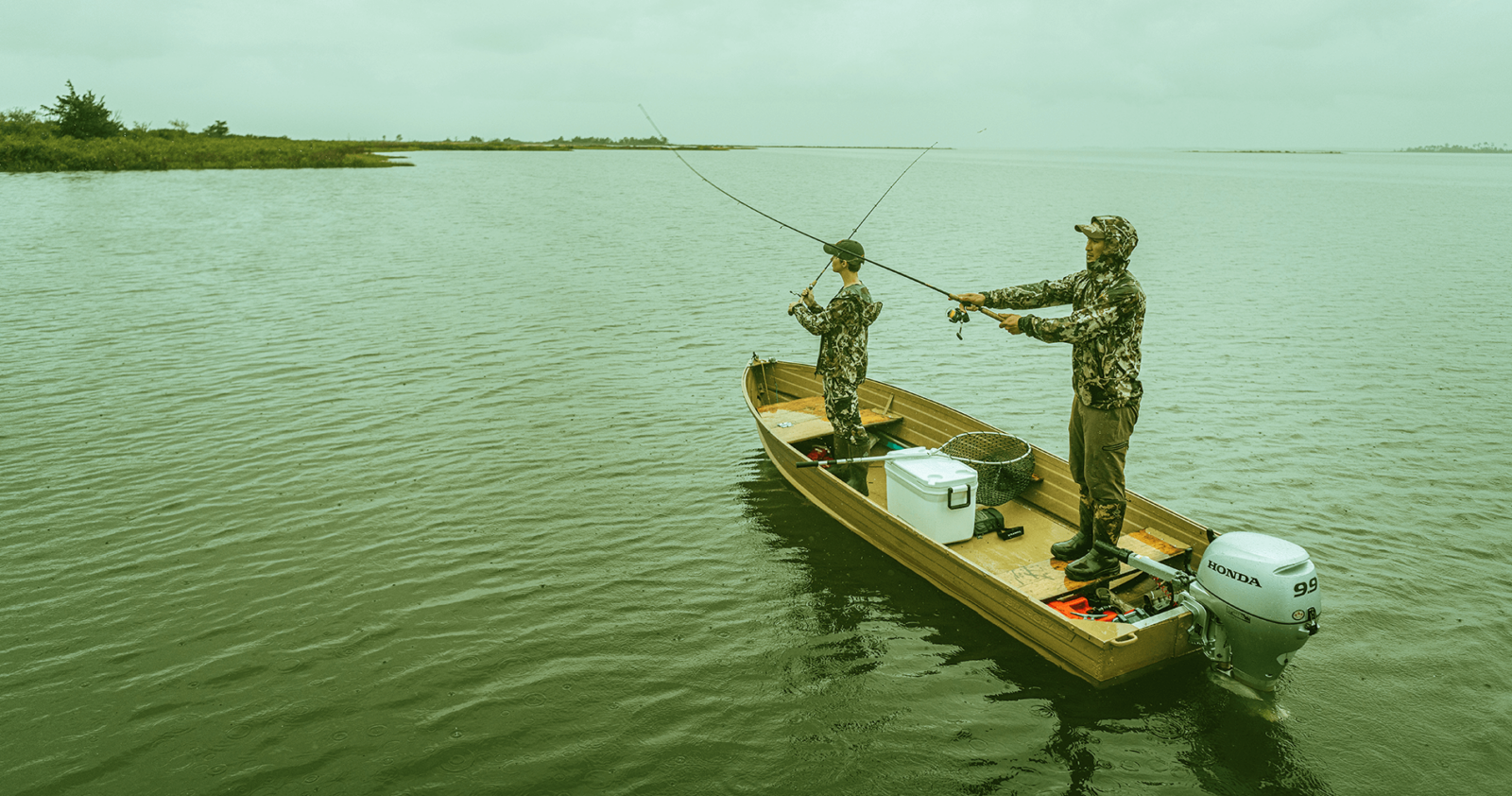

Get Your Line in the Right Water
Quickly find the best places to fish and plan your day right.
Fish Species

Pulaski Lake Bluegill abundance
Average range for similar lakes
Abundance ratings are based on Catch Per Unit Effort (CPUE) measurements conducted by the MN DNR, and represent a snapshot of a species population at a given point in time.
Source: Minnesota Department of Natural Resources. Survey cadence may vary by state and water body.| Survey Year | Largest Fish (in) |
|---|---|
| 2022 | 9 |

Pulaski Lake Crappie abundance
Average range for similar lakes
Abundance ratings are based on Catch Per Unit Effort (CPUE) measurements conducted by the MN DNR, and represent a snapshot of a species population at a given point in time.
Source: Minnesota Department of Natural Resources. Survey cadence may vary by state and water body.| Survey Year | Largest Fish (in) |
|---|---|
| 2022 | 15 |

Pulaski Lake Largemouth bass abundance
Average range for similar lakes
Abundance ratings are based on Catch Per Unit Effort (CPUE) measurements conducted by the MN DNR, and represent a snapshot of a species population at a given point in time.
Source: Minnesota Department of Natural Resources. Survey cadence may vary by state and water body.
Abundance ratings are based on Catch Per Unit Effort (CPUE) measurements conducted by the MN DNR, and represent a snapshot of a species population at a given point in time.
Source: Minnesota Department of Natural Resources. Survey cadence may vary by state and water body.
Pulaski Lake Northern pike abundance
Average range for similar lakes
Abundance ratings are based on Catch Per Unit Effort (CPUE) measurements conducted by the MN DNR, and represent a snapshot of a species population at a given point in time.
Source: Minnesota Department of Natural Resources. Survey cadence may vary by state and water body.
Pulaski Lake Perch abundance
Average range for similar lakes
Abundance ratings are based on Catch Per Unit Effort (CPUE) measurements conducted by the MN DNR, and represent a snapshot of a species population at a given point in time.
Source: Minnesota Department of Natural Resources. Survey cadence may vary by state and water body.
Pulaski Lake Pumpkinseed abundance
Average range for similar lakes
Abundance ratings are based on Catch Per Unit Effort (CPUE) measurements conducted by the MN DNR, and represent a snapshot of a species population at a given point in time.
Source: Minnesota Department of Natural Resources. Survey cadence may vary by state and water body.
Pulaski Lake Rock bass abundance
Average range for similar lakes
Abundance ratings are based on Catch Per Unit Effort (CPUE) measurements conducted by the MN DNR, and represent a snapshot of a species population at a given point in time.
Source: Minnesota Department of Natural Resources. Survey cadence may vary by state and water body.
Pulaski Lake Smallmouth bass abundance
Average range for similar lakes
Abundance ratings are based on Catch Per Unit Effort (CPUE) measurements conducted by the MN DNR, and represent a snapshot of a species population at a given point in time.
Source: Minnesota Department of Natural Resources. Survey cadence may vary by state and water body.
Pulaski Lake Walleye abundance
Average range for similar lakes
Abundance ratings are based on Catch Per Unit Effort (CPUE) measurements conducted by the MN DNR, and represent a snapshot of a species population at a given point in time.
Source: Minnesota Department of Natural Resources. Survey cadence may vary by state and water body.